Someone On Twitter Shared 9 Telltale Signs You’re Mentally And Emotionally Exhausted
Even in this day and age, mental health is often the part of people’s general well-being they tend to ignore. Of course, we can’t blame ourselves for that—most of us haven’t been taught how to take care of our mental health and how to notice the early signs indicating that we might not be doing that great. The good news is, though, that it’s never too late to start learning these kinds of things.
With that being said, today, let’s talk about emotional exhaustion and the things signaling that you might be experiencing it. Twitter user @P_Walkerr2 has recently gone viral after they shared a thread naming 9 signs of mental and emotional exhaustion. The thread quickly started gaining a lot of attention and it currently has over 130k likes along with more than 30k retweets.
More info: twitter.com
The thread has quickly gone viral and it currently has over 130k likes along with more than 30k retweets
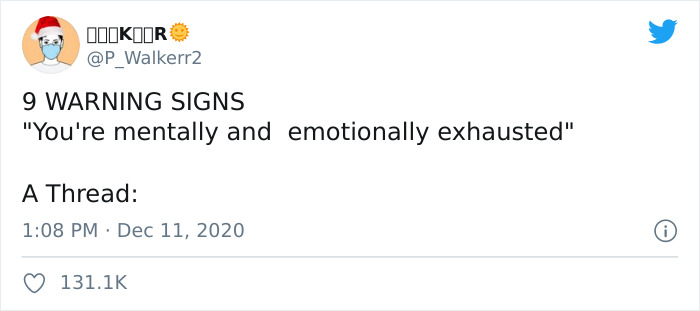
Image credits: P_Walkerr2
To understand the topic of emotional exhaustion a bit better, Bored Panda contacted a clinical and consulting psychologist Dr. Rehman Abdulrehman. “Emotional exhaustion or burnout, is not uncommon to depression. It is the wearing away of emotional resilience we might normally have, in the face of ongoing stressors,” Dr. Abdulrehman explained to us.
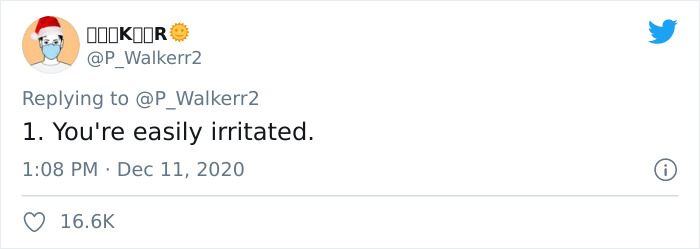
Image credits: P_Walkerr2
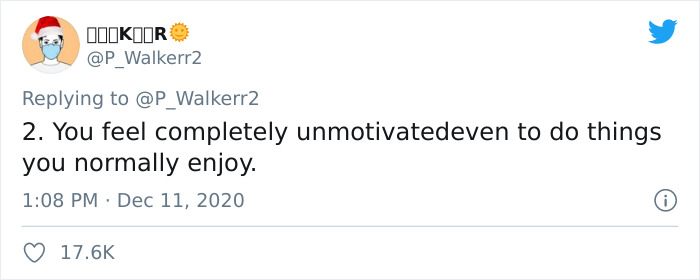
Image credits: P_Walkerr2
“This can be work related when people are over worked, it can be ongoing distress in people’s lives, and with the global pandemic, it can be covid and the many impacts it has in our lives, including the inability to engage in the things that prevent that emotional exhaustion; like social contacts, physical activity and work. Though emotional exhaustion is not a diagnosable condition, it may be a set of difficulties on the road to a larger problem like depression, or it could be words used to describe depression for others,” said the psychologist.
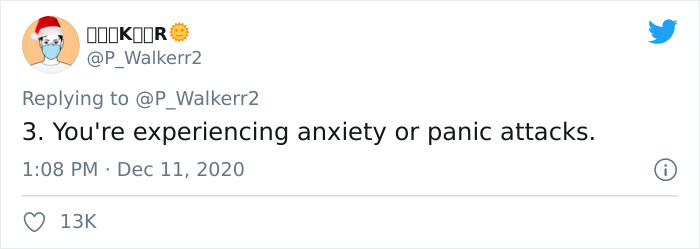
Image credits: P_Walkerr2
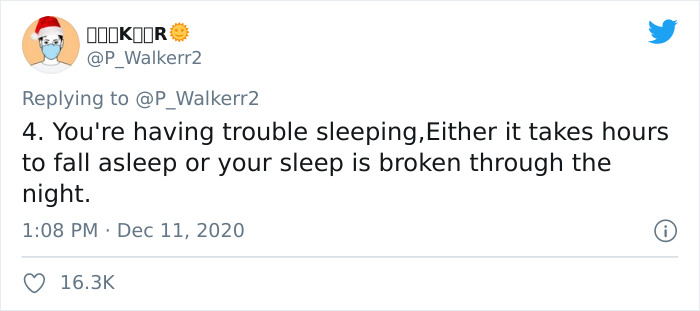
Image credits: P_Walkerr2
When asked about the common symptoms of emotional exhaustion, the psychologist told us this: “Because it’s not a formal diagnosable condition, there is not an agreed up on set of symptoms. But generally, when we see how it’s similar to depression, we find we have less energy, motivation, or interest to engage in the things we previously engaged in. Sleep doesn’t seem to replenish us, and for many they may have difficulty with sleeping; sometimes too much and sometimes too little. This can have an impact on appetite, libido, and even can cause physical body pain (psychosomatic pain).”
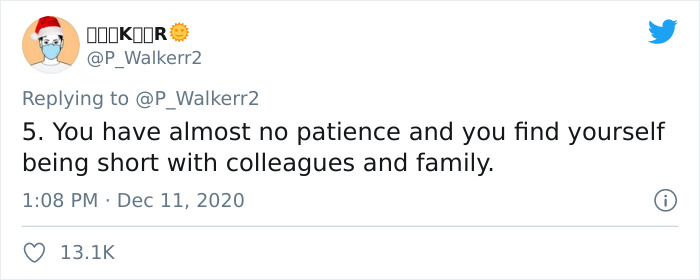
Image credits: P_Walkerr2
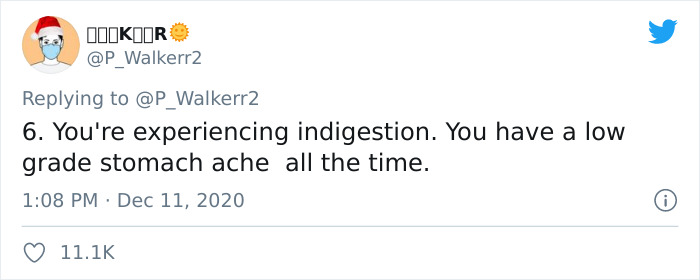
Image credits: P_Walkerr2
There are many different reasons behind why someone is experiencing emotional exhaustion. “Emotional exhaustion or burnout specifically typically tends to occur with an overburdening of stress, and the removal of resources that replenish us. This occurs with excessive work, but as noted above, also with the increased pressure of the covid pandemic. But this can also occur with ongoing personal stressors, conflict with a spouse or family member, abuse, etc.,” Dr. Rehman Abdulrehman told us.
All these situations can remove a sense of control over our lives, and also decrease about ability to access or completely remove those things that actually build a sense of emotional and psychological resilience, social support (friends, family, face to face contact that is social), physical activity, and routine with a sense of purpose (work, school, etc.),” the psychologist added.
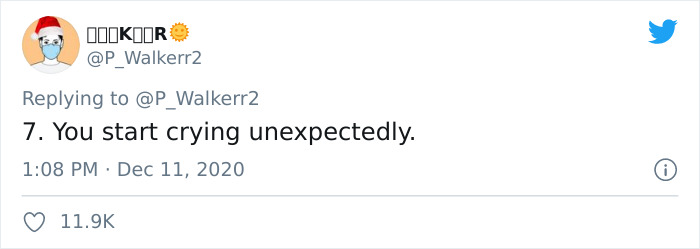
Image credits: P_Walkerr2
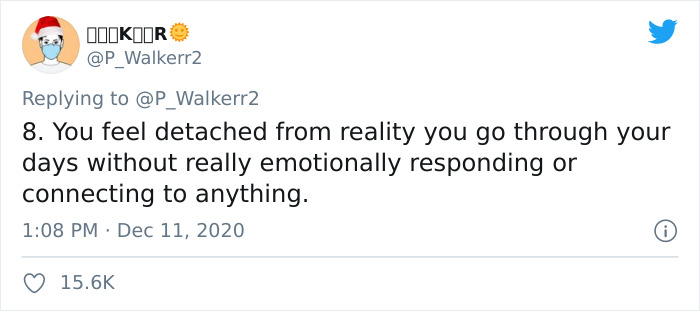
Image credits: P_Walkerr2
When we asked Dr. Abdulrehman what could a person do to make themselves feel better while going through an emotional exhaustion, he told us this: “Since emotional exhaustion is akin to depression, I think it’s always important to consider if one does need to get the assistance of a professional, like a psychologist.”
“But some things to consider also would be to 1. be mindful of physical activity and exercise. Look for ways engage in even small doses of regular ongoing activity. Small wallks, stairs on a regular basis, or even more intense exercise. This can help regulate mood fairly quick. 2. Begin to find time to rest. It is not a waste of time, but can allow our physical and psychological selves to recouperate so we have the resources to face ongoing stress,” he told us.
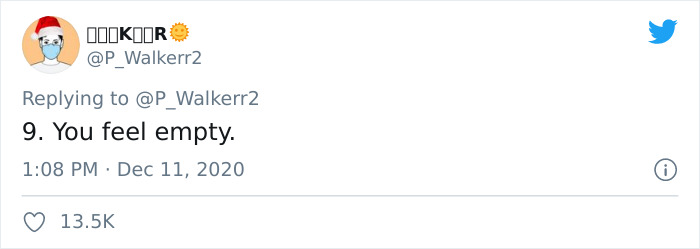
Image credits: P_Walkerr2
“3. Make sure you find a way to engage with people socially. Amidst the pandemic, this might be challenging in person, but even phone or video call can be incredibly helpful. Don’t wait until you have a lot to say to someone. Brief but regular contact can be very helpful too. 4. Look for variety in your daily activity. When we are focused on doing one thing most of the time, a change in activity can be helpful. Creative activity too can be helpful. It’s why so many people find joy in cooking or baking. Be creative to find an activity that forces you to shift direction from what you do most of the day,” Dr. Abdulrehman continued.
“5. Challenge negative beliefs about yourself and the world, not by positive thinking; but instead with realistic and solution focused thinking. The ability to look for a solution (even if it’s not the best solution) and being pragmatic, can offer more control and more hope that can help diminish emotional exhaustion, burnout, and a lack of hope,” Dr. Abdulrehman explained.
Here’s what people had to say about this list

Image credits: stanthepinksss
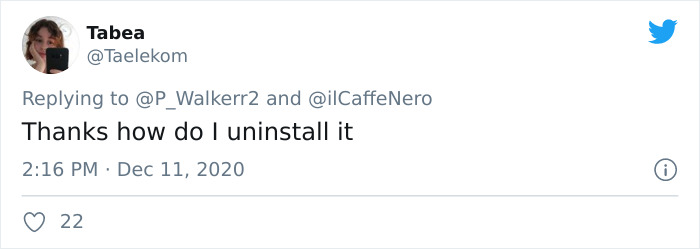
Image credits: Taelekom
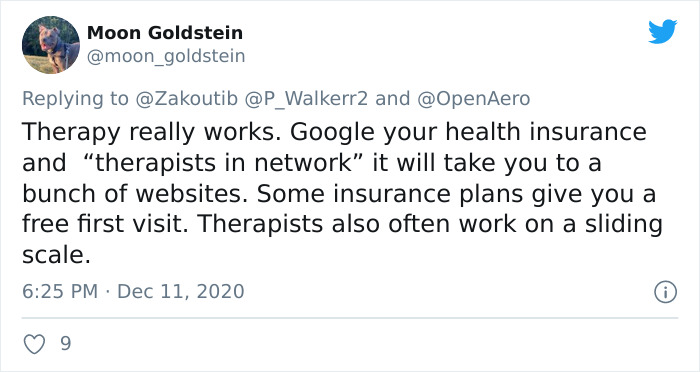
Image credits: moon_goldstein
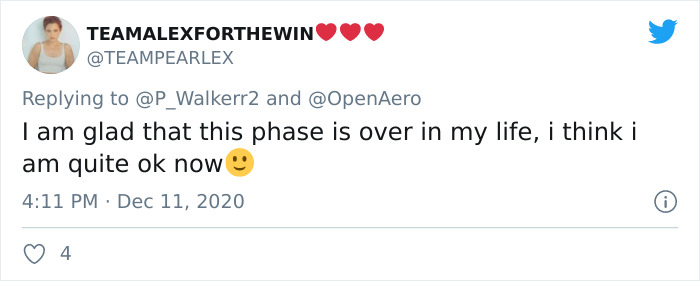
Image credits: TEAMPEARLEX
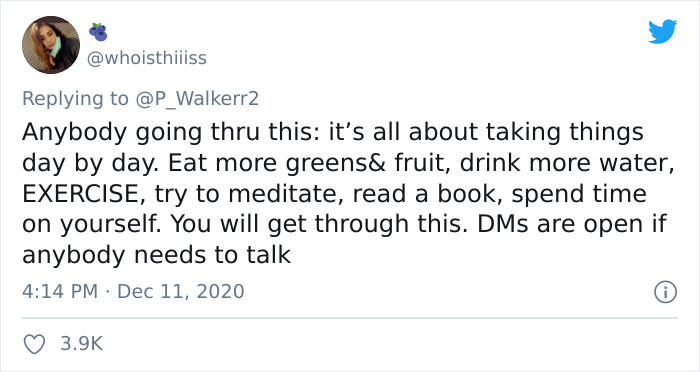
Image credits: whoisthiiiss
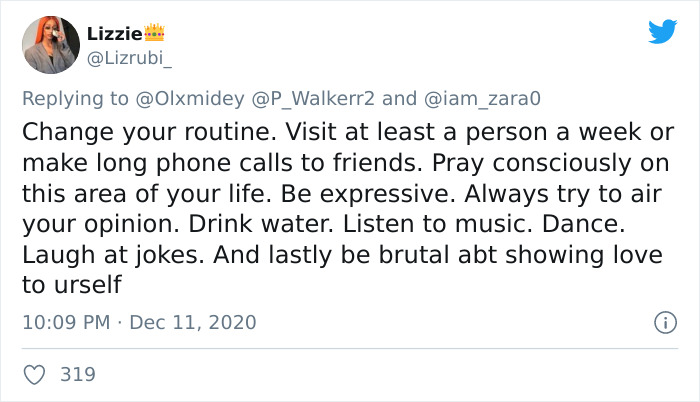
Image credits: Lizrubi_
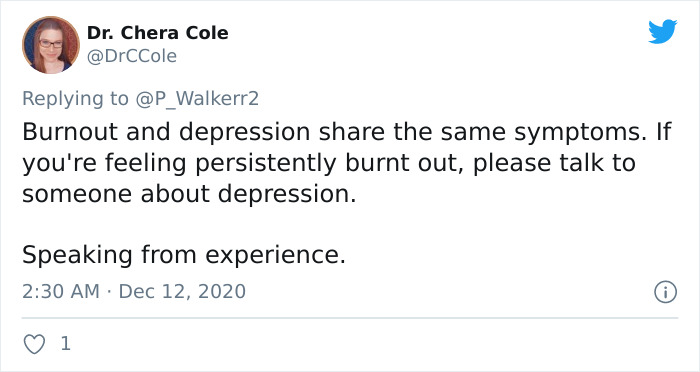
Image credits: DrCCole
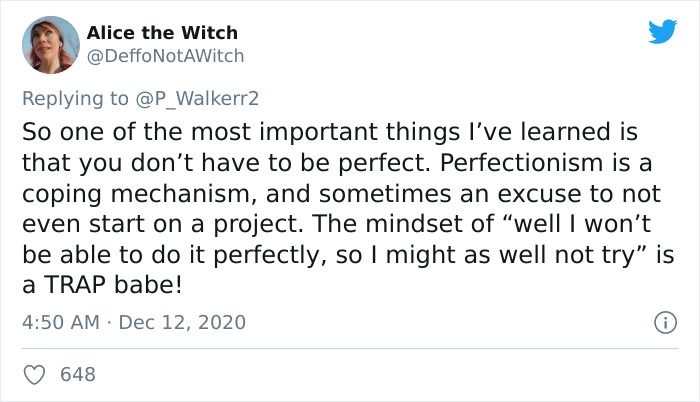
Image credits: DeffoNotAWitch
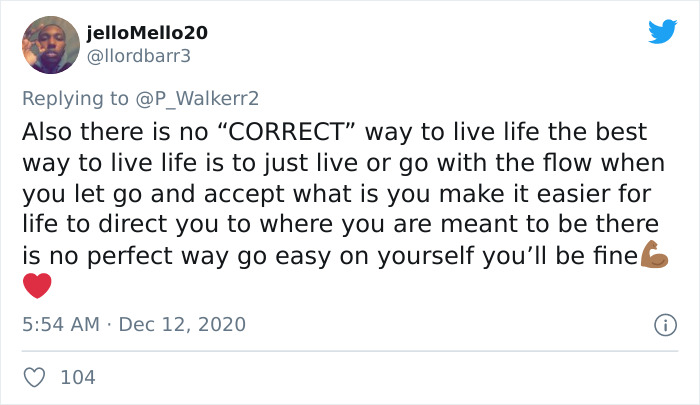
Image credits: llordbarr3
The post Someone On Twitter Shared 9 Telltale Signs You're Mentally And Emotionally Exhausted first appeared on Bored Panda.

No comments